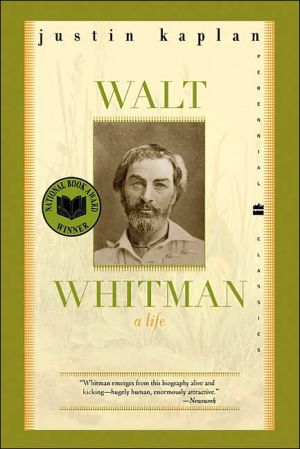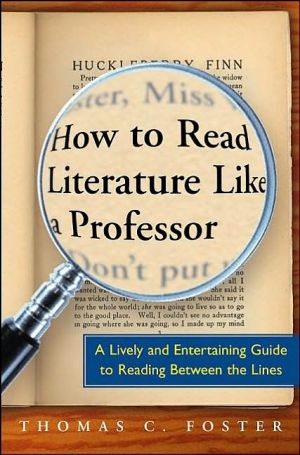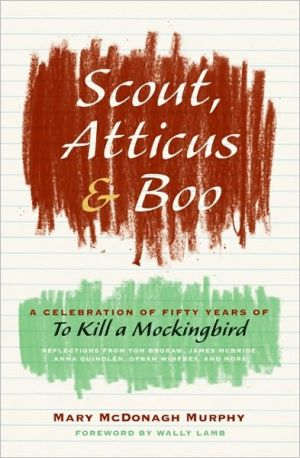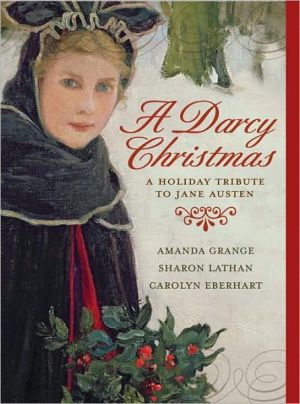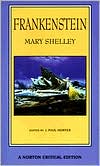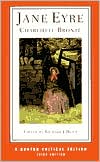Walt Whitman: A Life (Perennial Classics Series)
Whitman's genius, passions, poetry, and androgynous sensibility entwined to create an exuberant life amid the turbulent American mid-nineteenth century. In vivid detail, Kaplan examines the mysterious selves of the enigmatic man who celebrated the freedom and dignity of the individual and sang the praises of democracy and the brotherhood of man.
Search in google:
Whitman's genius, passions, poetry, and androgynous sensibility entwined to create an exuberant life amid the turbulent American mid-nineteenth century. In vivid detail, Kaplan examines the mysterious selves of the enigmatic man who celebrated the freedom and dignity of the individual and sang the praises of democracy and the brotherhood of man.Library JournalKaplan's 1980 National Book Award- winning portrait of Uncle Walt draws Whitman's personality from his works to present the whole man. (LJ 9/15/03) Copyright 2003 Reed Business Information.
Walt Whitman\ A Life \ \ By Justin Kaplan\ Harper Collins Publishers\ Copyright © 2003 Justin Kaplan All right reserved. ISBN: 0060535113 \ \ Chapter One\ Mickle Street\ \ In the Spring of 1884 the poet Walt Whitman bought a house in the unlovely city of Camden, New Jersey, and at the age of sixty-five slept under his own roof for the first time in his life. Eleven years earlier, disabled by a stroke and a breakdown when his mother died, he had been taken in by his younger brother, George Washington Whitman, a blunt, practical man, inspector in a Camden pipe foundry. George's hospitality had been affectionately extended and gratefully accepted, but the arrangement proved to be at best tolerable for everyone concerned. George cared only about pipes and money, Walt said, complaining about "the chilling atmosphere, (both moral and meteorological) of this house." George was similarly baffled and exasperated. "Mother thought as I did - did not know what to make of it," he recalled, comparing his brother's Leaves of Grass with another American epic published in the same year, 1855, Professor Longfellow's tuneful Song of Hiawatha. "The one seemed to us pretty much the same muddle as the other." In George's view, Leaves of Grass was either a prank or an aberration. Moreover, Walt's poems celebrating the love of men and women, in particular the cluster titled "Children ofAdam," were "of the whorehouse order" and had brought him the worst kind of notoriety; some critics branded them shameless self-revelations that were offensively explicit about sex and body functions and were incitements to public licentiousness. "What are you up to, anyhow?" George asked. "Nothing, George." Walt never explained his work to his family or wrote them a letter that could be called literary. "I just did what I did because I did it - that's the whole secret." "You're as stubborn as hell," George said; "you are stubborner, Walt, than a load of bricks."\ George found it difficult to reconcile such waywardness with the fact that year after year eminent, even dazzling, visitors from abroad journeyed to Camden, a place of few attractions, to call on the author of Leaves of Grass. Oscar Wilde - "a fine large handsome youngster Walt said - drank elderberry wine and hot toddies in George's house and then wrote a note to "My Dear Dear Walt" to say, "There is no one in this great wide world of America whom I love and honor so much." A large photograph, inscribed "To Walt from Oscar," joined the conventional clutter of albums, Civil War mementos, things under glass bells, whatnots, and dust catchers that adorned the parlor on Stevens Street. The internationally celebrated bon vivant and man of letters Richard Monkton Milnes, first Baron Houghton, was delighted to eat plain baked apples here with America's chief, perhaps only, poet of universal stature, the creator of a radical book and a radical consciousness.\ I know I am restless and make others so,\ Whitman had written,\ For I confront peace, security, and all the settled laws, to unsettle them.\ According to one visitor, the naturalist John Burroughs, Whitman was a leviathan entering a duck pond.\ Accommodating themselves to the leviathan and the fish that swam with him was a trial to George and his wife, Louisa. She had had trials enough already, when her mother-in-law lived with them. Since then she had lost two children, one dead at eight months and the other stillborn. In addition to caring for Walt, whose stroke had left him partly crippled, she looked after his brother Eddy, who also lived at Stevens Street. Eddy was mentally incompetent, and until 1881, when he was finally put away in an institution, Louisa helped him bathe and dress, and supervised his meals - he would eat himself into a stupor unless stopped.\ Although decrepit, Walt was radiantly and even aggressively healthy in spirit, and Louisa was as fond of him as he was of her.\ Still, it graveled her that when she rang the dinner bell he acted in a way that struck her as downright contrary, as if he had chosen to respond to another set of signals altogether. He took his daily bath, and while the food on the table grew cold, she heard him splashing in the tub and singing "When Johnny Comes Marching Home," "Jim Crow," "The Star-Spangled Banner," tunes without words, popular ballads, broken arias from the Italian operas that were among the passions of his life. Leaning heavily on his cane, he went for a hobble around the block with his little yellow-and-white dog, Tip, or rode the ferry back and forth across the Delaware River. Often, acting on impulse or sudden invitation, he went away to see friends in New York and Philadelphia or to stay at a farm at nearby Laurel Springs and spend hours alone in the woods and by the pond at Timber Creek. He slept late, and he was as casual as he had always been about engagements, schedules, meals, and the regulated life that George and Louisa cherished. He found it oppressive. "He seems always to have been a sort of visitor in life," Burroughs said. "All his urgency and strenuousness he reserved for his book."\ George stopped short of calling his brother shiftless, but he did not hide his disapproval. "He got offers of literary work - good offers: and we thought he had chances to make money. Yet he would refuse to do anything except at his own notion - most likely when advised would say 'We won't talk about that!' or anything else to pass the matter off ... He would never make concessions for money-always was so ... On literary topics Walt was the one to 90 to ... But in business the rest of us were nearer the mark. We mixed up in business affairs." George was to leave an estate of over $58,000 in cash in addition to real estate; another brother, Jeff, a civil engineer in St. Louis, prospered enough to send two daughters to private school in the East. But Walt was far from being as impractical as George supposed ...\ (Continues...)\ \ \ \ \ Excerpted from Walt Whitman by Justin Kaplan\ Copyright © 2003 by Justin Kaplan\ Excerpted by permission. All rights reserved. No part of this excerpt may be reproduced or reprinted without permission in writing from the publisher.\ \
\ Library JournalKaplan's 1980 National Book Award- winning portrait of Uncle Walt draws Whitman's personality from his works to present the whole man. (LJ 9/15/03) Copyright 2003 Reed Business Information.\ \
